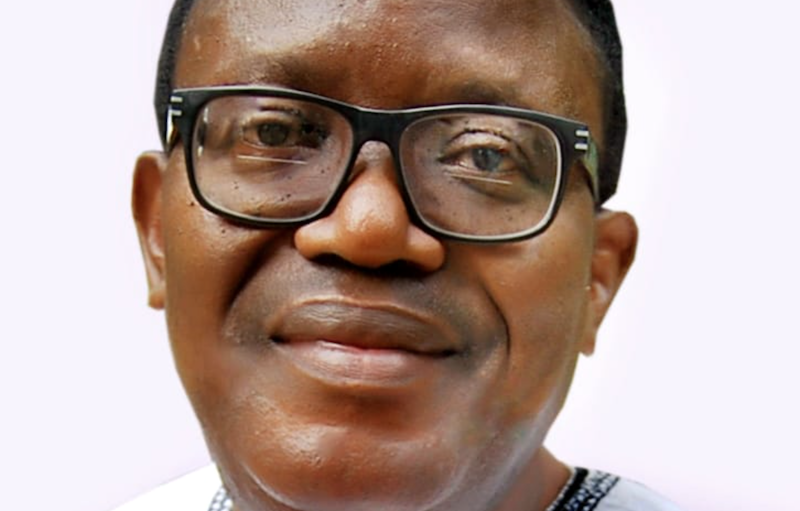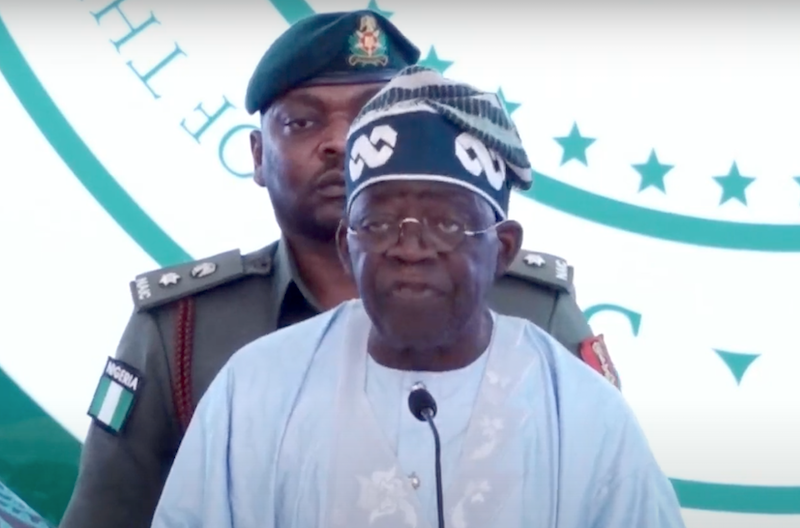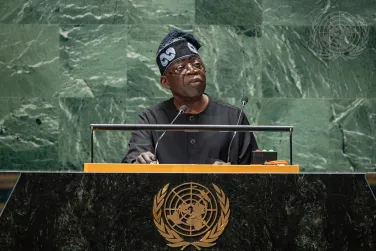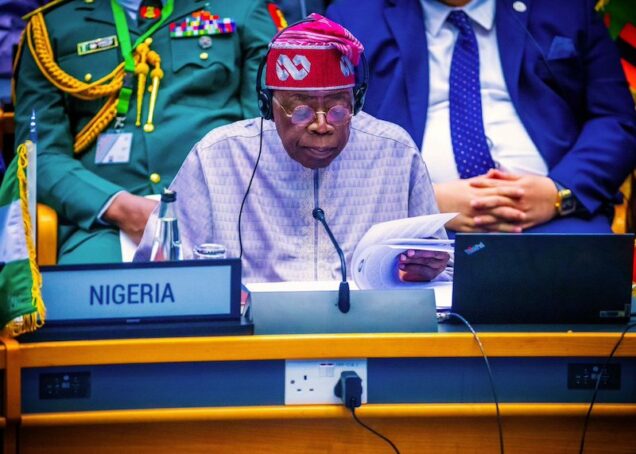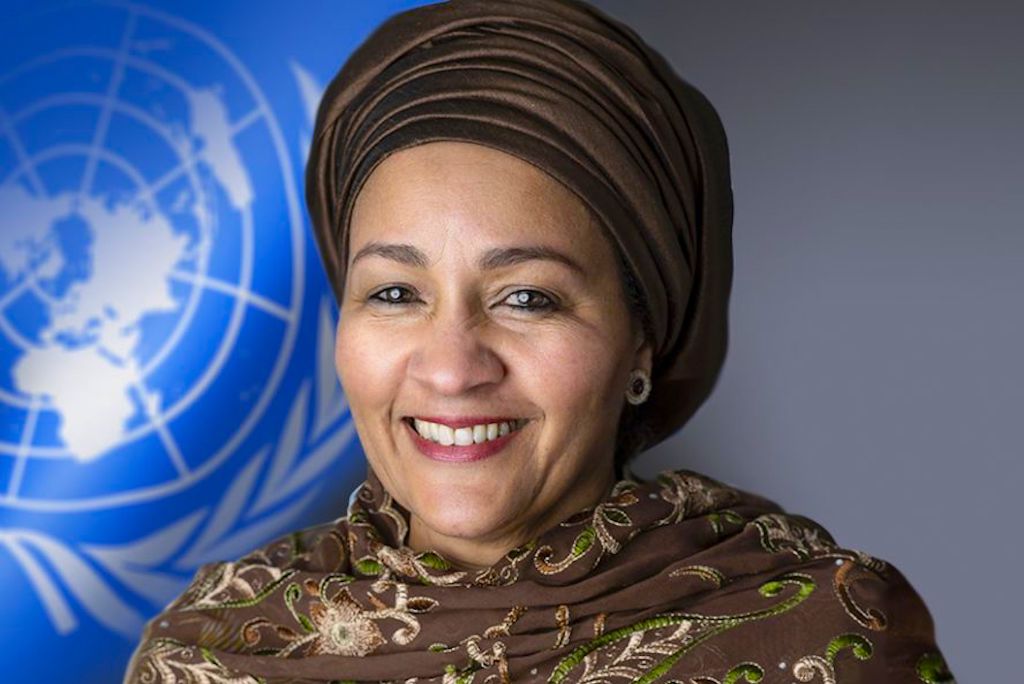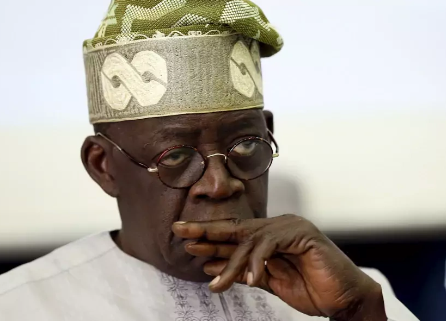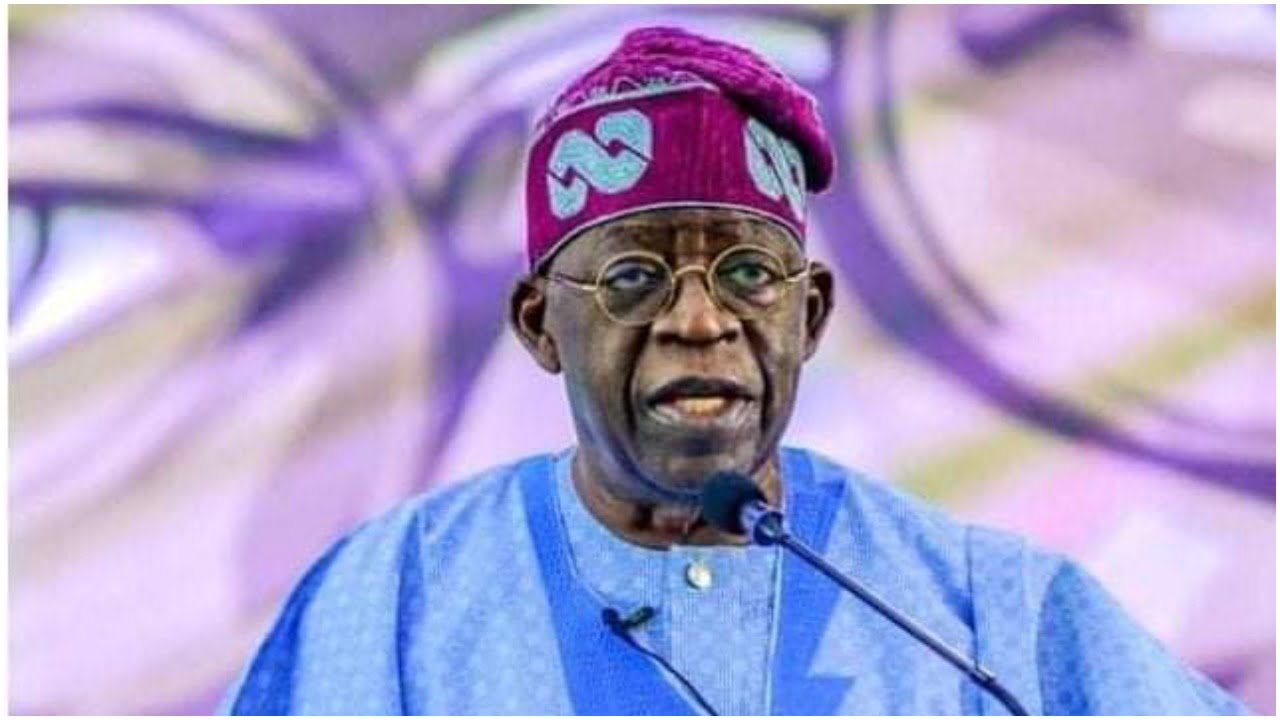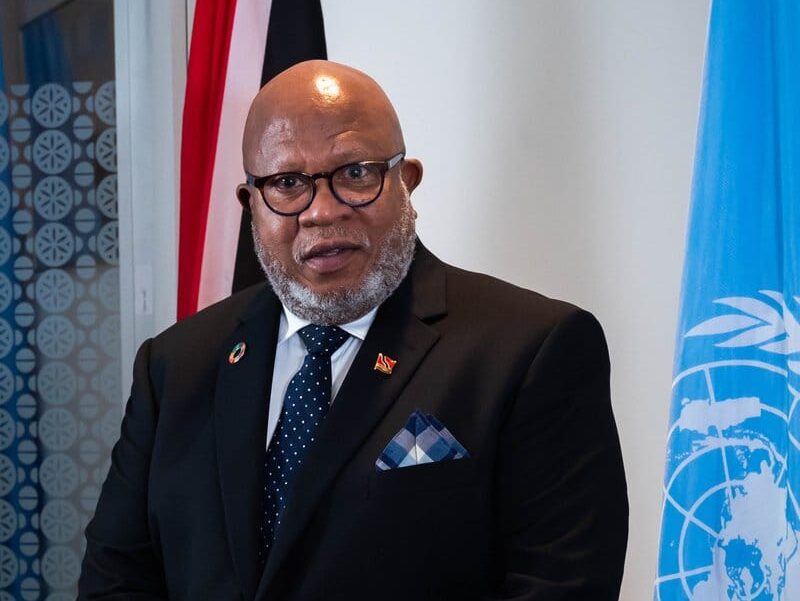THE world gathered this week under the United Nations to talk peace, security and socio-economic justice, but hawks circled and beneficiaries of a skewed world sat silent in cold complicity.
It was the 78th Session of the United Nations General Assembly, UNGA, and even as the world on Thursday, September 21, complemented the UN objectives by marking the International Day of Peace, the voices for conflict were sounding more strident.
As world attention was turned to the UN stage, Azerbaijan and Armenia went to war in the disputed Nagorno-Karabakh territory which has been the source of unending conflicts since 1988. This time, the war lasted 48 hours, September 19 – 20, 2023. However, before the gathered Heads of State could raise an eyebrow, Russia had moved in to secure a ceasefire. But the crisis remains as Nagorno-Karabakh is peopled by 120,000 Armenians in a territory inside Azerbaijan.
Simultaneously, Canada and India were engaged in a spat as the latter suspended visa issuance to Canadians, expelled a Canadian diplomat and advised its citizens to avoid travelling to that country. The current disagreements began on Monday when Canadian Prime Minister Justin Trudeau claimed that there were “credible allegations” of Indian official involvement in the June assassination of 45-year-old Canadian Sikh, Hardeep Singh Nijjar.
The disagreements are likely to further degenerate as Canada is being challenged to provide proof of its allegation. There are about two million people of Indian origin in Canada who might be affected if the disagreements fester.
However, two pieces of good news seeped through. The first is that Turkey and Greece, two neigbours whose conflicts began in May 1919, met on the sidelines of the UN conference on Wednesday at the Turkish House in New York. The bigger picture is that if both countries agree on full reconciliation, it might reflect on divided Cyprus. That country split in two in 1974 when Greece backed a military coup and Turkey retaliated by invading Cyprus in support of Turkish Cypriots.
The second good news was that the United States, US, and Iran who are virtually on war footing, made some goodwill gestures. The former released $6 billion in seized Iranian assets while the latter released in exchange, five American prisoners held in Iran.
Those released include businessman, Siamak Namazi imprisoned since 2015, Morad Tahbaz and Emad Shargi held since 2018. The identities of the other two were not disclosed. While it is not clear if the trial of the Americans were fair, it amounts to arrogance for the US to go about seizing or freezing the assets of sovereign members of the UN.
At the UNGA proper, Brazil which has the traditional right to speak first, tried to set the tone for a humane world. Its charismatic President Lula Silva, informed: “The ten richest billionaires have more wealth than the poorest 40 per cent of humanity.” Lula, a former Labour Leader lamented that: “The destiny of every child born on this planet seems to be decided while they’re still in their mother’s womb. The part of the world where their parents live, and the social class their family belongs to, will determine whether or not that child will have opportunities throughout life.”
Brazil speaks first at UNGA because in the early days, when no country would want to speak first as they preferred to listen to other countries and then try some response or clarification, Brazil volunteered to speak first. So the tradition was established. Now, as the host country, the US speaks next.
US President Joe Biden spoke about continuing the war in Ukraine with no talk about peace because: “Russia alone bears responsibility for this war.”
Ukranian President Volodymyr Zelensky, cladded in military fatigue while playing the victim of a big country attacking a small country and threatening its sovereignty, was silent about his country’s military flying 3,876 kilometres from Kyiv to attack Khartoum. Zelensky was silent on the over a dozen attacks in an African country by forces identified as Ukranian special forces. Some have rationalised the attacks as justified on the basis that the mercenary Russian Wagner forces are involved in the Sudanese Civil War.
How does that justify Ukraine attacking the African continent? Zelensky has no right extending the theatre of Ukraine’s war with Russia to the African continent. But no country, whether European or African sought to call Ukraine to order. Rather, they sat listening to Zelensky raging about terrorism, “weaponising” food, and, rather than seeking peace, about the illusion of militarily defeating Russia.
Turkish President Recep Tayyip Erdogan whose country is playing a balancing act on world stage talked about humanitarian crises, economic problems, conflicts, and social tensions worldwide, concluding that: “Peace has no losers.”
South Africa President Cyril Ramaphosa spoke for peace, women empowerment, equal access to healthcare, education, economic opportunities and the need for inclusive, democratic, and representative international institutions. He advised: “Leaving no one behind — that is the duty that we all have.”
Nigeria’s President Bola Tinubu lamented that: “Failures in good governance have hindered Africa. But broken promises, unfair treatment and outright exploitation from abroad have also exacted a heavy toll on our ability to progress.” He added: “We welcome partnerships with those who do not mind seeing Nigeria and Africa assume larger roles in the global community.”
President Paul Kagame of Rwanda whose country has witnessed genocide, bemoaned: “Today, there is no sign of on-going conflicts ending anytime soon. Innocent lives are left alone to carry the burden of this instability. That is a profound injustice.”
UN Secretary General António Guterres who also spoke to the world leaders at a high-level summit on climate change painted a picture of the universe thus: “Horrendous heat is having horrendous effects. Distraught farmers watching crops carried away by floods. Sweltering temperatures spawning disease.” He concluded that: “Humanity has opened the gates to hell.” But I do not think the gates to hell, have just been opened; they were opened over six decades ago when nuclear weapons were introduced and allowed to proliferate.
By 1986, there were over 70,300 nuclear weapons in the world. The good news is that by 2019 these had been reduced to 13,890. The bad news is that you don’t need more than 100 to set the world firmly on the path of self-immolation. So, while climate change is a deadly path, mass hunger and poverty is deadlier, but nuclear weapons are the deadliest and fastest. The challenge is, even after the gates to hell have been opened, how does humanity avoid it?
The problem is that most of those who gather at the UNGA making speeches they don’t believe in, are irredeemable sinners whose actions would lead to the gates to hell being opened wider.
